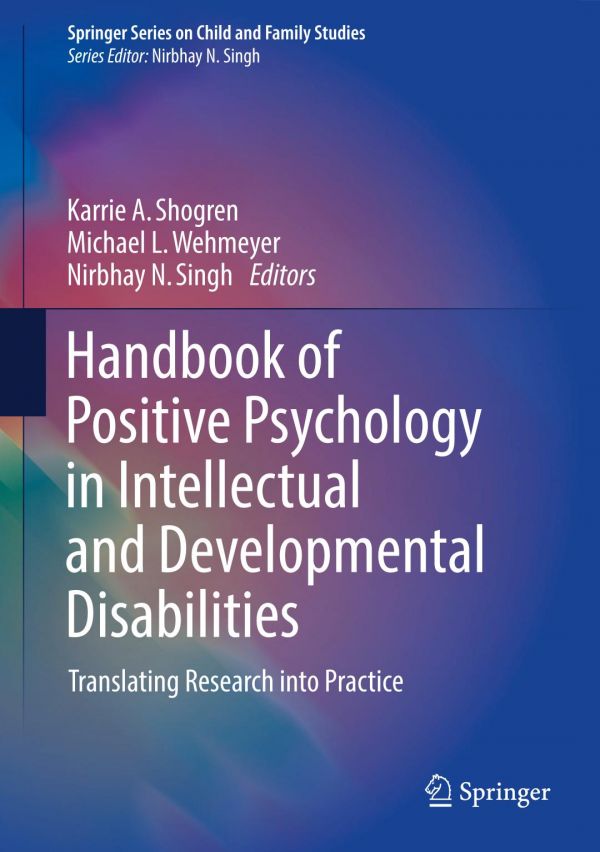

Most ebook files are in PDF format, so you can easily read them using various software such as Foxit Reader or directly on the Google Chrome browser.
Some ebook files are released by publishers in other formats such as .awz, .mobi, .epub, .fb2, etc. You may need to install specific software to read these formats on mobile/PC, such as Calibre.
Please read the tutorial at this link: https://ebookbell.com/faq
We offer FREE conversion to the popular formats you request; however, this may take some time. Therefore, right after payment, please email us, and we will try to provide the service as quickly as possible.
For some exceptional file formats or broken links (if any), please refrain from opening any disputes. Instead, email us first, and we will try to assist within a maximum of 6 hours.
EbookBell Team

4.1
40 reviewsThis handbook examines the wide-ranging applications of positive psychology in the field of intellectual and developmental disabilities. It discusses the change in perceptions of disability and the shifting use of traditional deficit-based treatments. It presents evidence-based approaches and strategies that promote individuals’ strengths and capacities and as well as provide supports and services to enhance quality of life. Chapters address medical and psychological aspects in intellectual and developmental disabilities, such as mindfulness, motivation, physical well-being, and self-regulation. The book also discusses uses of assessment practices in evaluating interventions and client outcomes. In addition, it explores ways practitioners, with positive psychology, can focus on what a person is capable of achieving, thereby leading to more effective approaches to care and treatment.
Topics featured in the Handbook include:
The Handbook of Positive Psychology in Intellectual and Developmental Disabilities is a must-have resource for researchers, professors, and graduate students as well as clinicians and related professionals in clinical child and school psychology, behavioral therapy, social work, applied behavioral analysis, recreational therapy, occupational therapy, education, speech and language pathology, psychiatry, clinical medicine, and nursing.